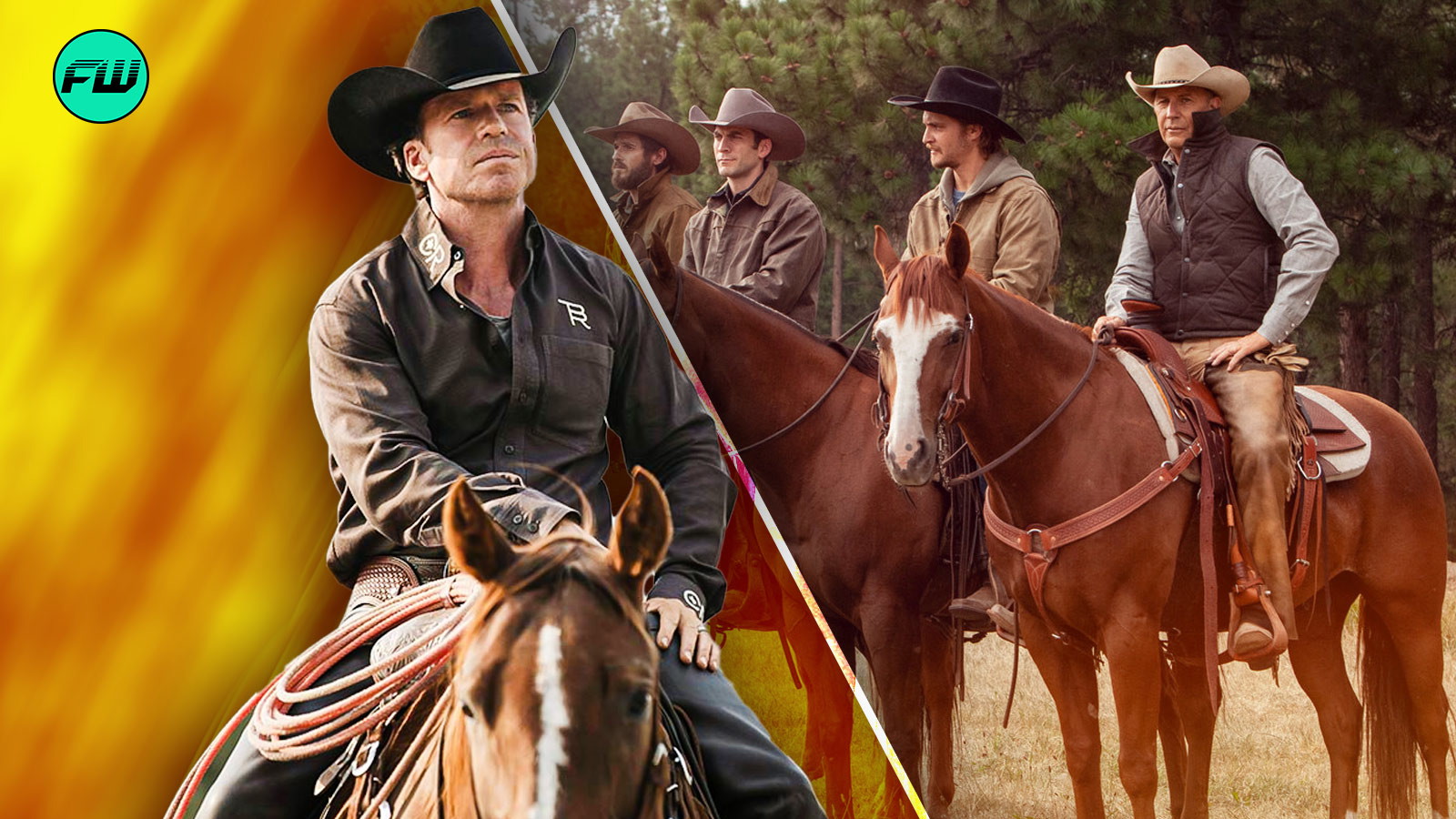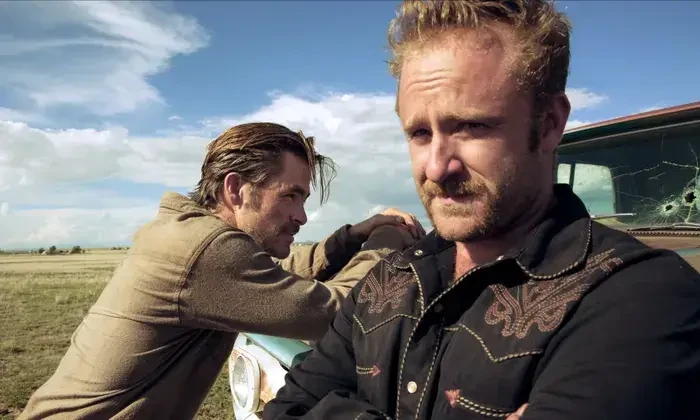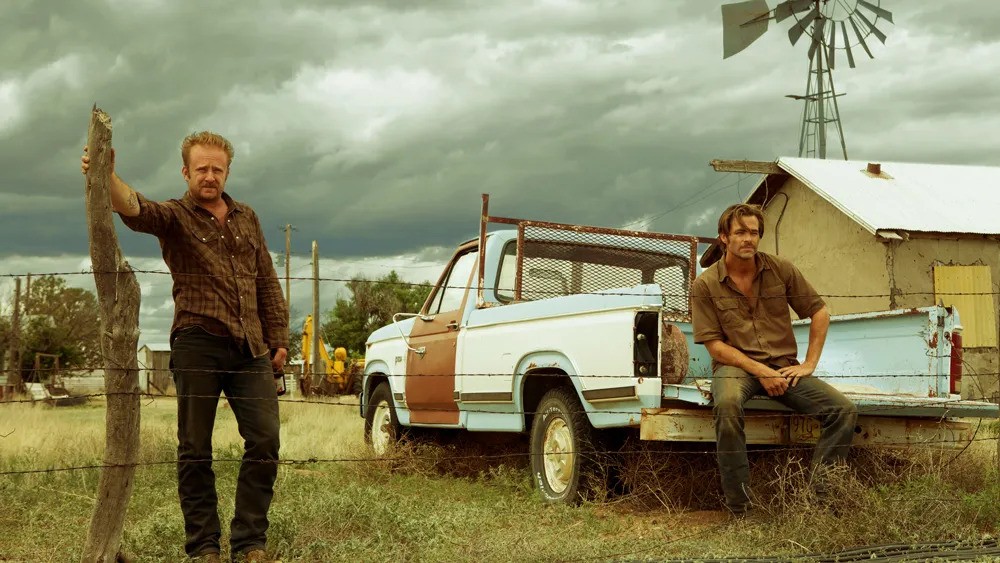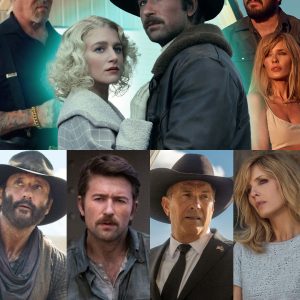Taylor Sheridan’s Hell or High Water delivered gritty realism. Yellowstone gave us shiny horses. One felt raw, the other like Western cosplay.

When I finally watched Hell or High Water, I sat there wondering: why wasn’t Yellowstone like this (at all) from the get-go? Taylor Sheridan gave us a stripped-down, soul-crushingly real Western in that film, minus the melodramatic standoffs and operatic monologues about land and legacy, which I lived for. We got raw tension, moral gray zones, and dusty desperation. It’s what I thought Yellowstone promised.
Don’t get me wrong, though, I love a good ranch fight, but TS’s film made me feel something. Meanwhile, the show often feels like it’s cosplaying the West. One’s a punch in the gut. The other’s just performance. And I’ll tell you exactly why I feel so.
Hell or High Water showed the West bleeding, and Yellowstone just gave it a makeover
 Chris Pine and Ben Foster in Taylor Sheridan’s Hell or High Water | Credits: Lionsgate
Chris Pine and Ben Foster in Taylor Sheridan’s Hell or High Water | Credits: Lionsgate
Taylor Sheridan’s Hell or High Water was the rough-edged, dust-bitten America I hoped Yellowstone would explore. Instead, that show Wingardium Leviosa’d the heck out of my expectations, delivering shiny horses, flashing custom belt buckles, and sipping bourbon in mansions.
One painted the West with calloused hands; the other with a luxury filter.
Hell or High Water doesn’t glamorize the grit, but it lives in it. Beat-up cars, bankrupt banks, dead-end towns. It’s the aftermath of the 2008 crash told through robberies and regrets. It doesn’t beg for empathy. It assumes you already know this pain, or that you’ve just been ignoring it.
Yellowstone, however, puffs up its chest with dynasty-level drama. It’s not Montana hardship (it’s cowboy cosplay). I kept waiting for that raw economic ache. The tension of holding onto land not as a legacy, but as literal survival. But the show went literal, uh, soap opera, more about property lines and power games than about the people broken by both.
Hell or High Water made space for that brokenness. It showed a man robbing banks not out of thrill, but desperation. It showed a world fading – one Jeff Bridges’ character walked through with quiet resignation. Do y’all remember that final porch scene? Damn, haunting. And the best part was – there was no flashy finale, or ride into glory. Just two men standing on opposite sides of a moral collapse.
I know TV needs to entertain. But if Sheridan could capture so much of America’s soul in one $12 million movie, why did his billion-dollar series forget the people it claimed to represent?
Hell or High Water felt like the West cracking. Yellowstone feels like it’s polishing the boots while it burns.
Hell or High Water is why Taylor Sheridan needs to ditch TV for movies again
 Chris Pine and Ben Foster in Taylor Sheridan’s Hell or High Water | Credits: Lionsgate
Chris Pine and Ben Foster in Taylor Sheridan’s Hell or High Water | Credits: Lionsgate
Taylor Sheridan has given us some really good stuff. And as someone who’s watched quite a lot of his work, I know he wasn’t just built for TV. He was born for the big screen.
That 2016 neo-Western crime drama, Hell or High Water, was poetic and soaked in West Texas dust. Sheridan’s writing pulled me in, made me root for bank robbers and a worn-out ranger at the same time. He even said it himself (via Forbes):
I don’t think of Toby and Tanner as terribly good men. I think they’re well-intentioned– I think Toby’s well-intentioned. And I think he made a decision that he’s going to be really bad once, so that his kids weren’t in the same situation…
I wanted the audience really confused and conflicted about how they wanted this to turn out, and who they were hoping was still standing at the end of it.
The film bagged Oscar, BAFTA, and Golden Globe nominations, with Sheridan earning a Best Original Screenplay nod. It was also the top-grossing indie of the year. Not bad for a guy better known for Yellowstone.
Between Sicario, Wind River, and Those Who Wish Me Dead, TS’ got the goods. And frankly speaking, I’d love to see him break more movie rules. It’s time he came back to theaters.





